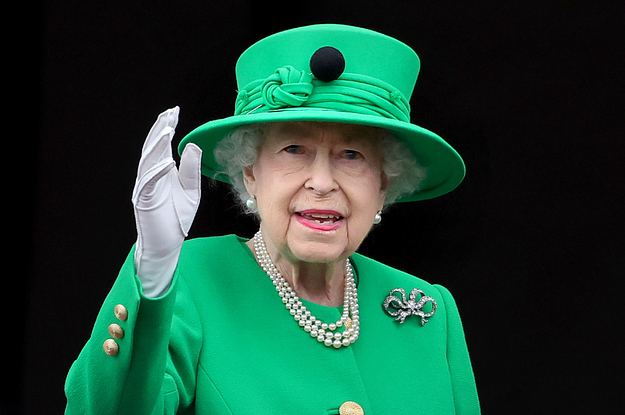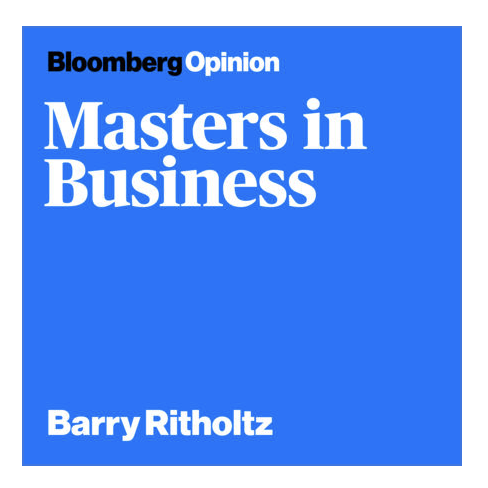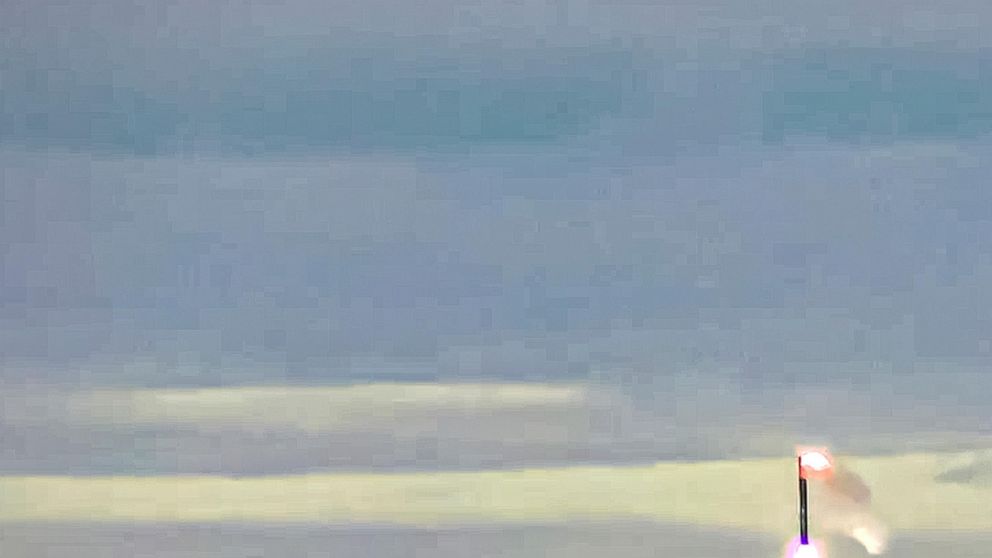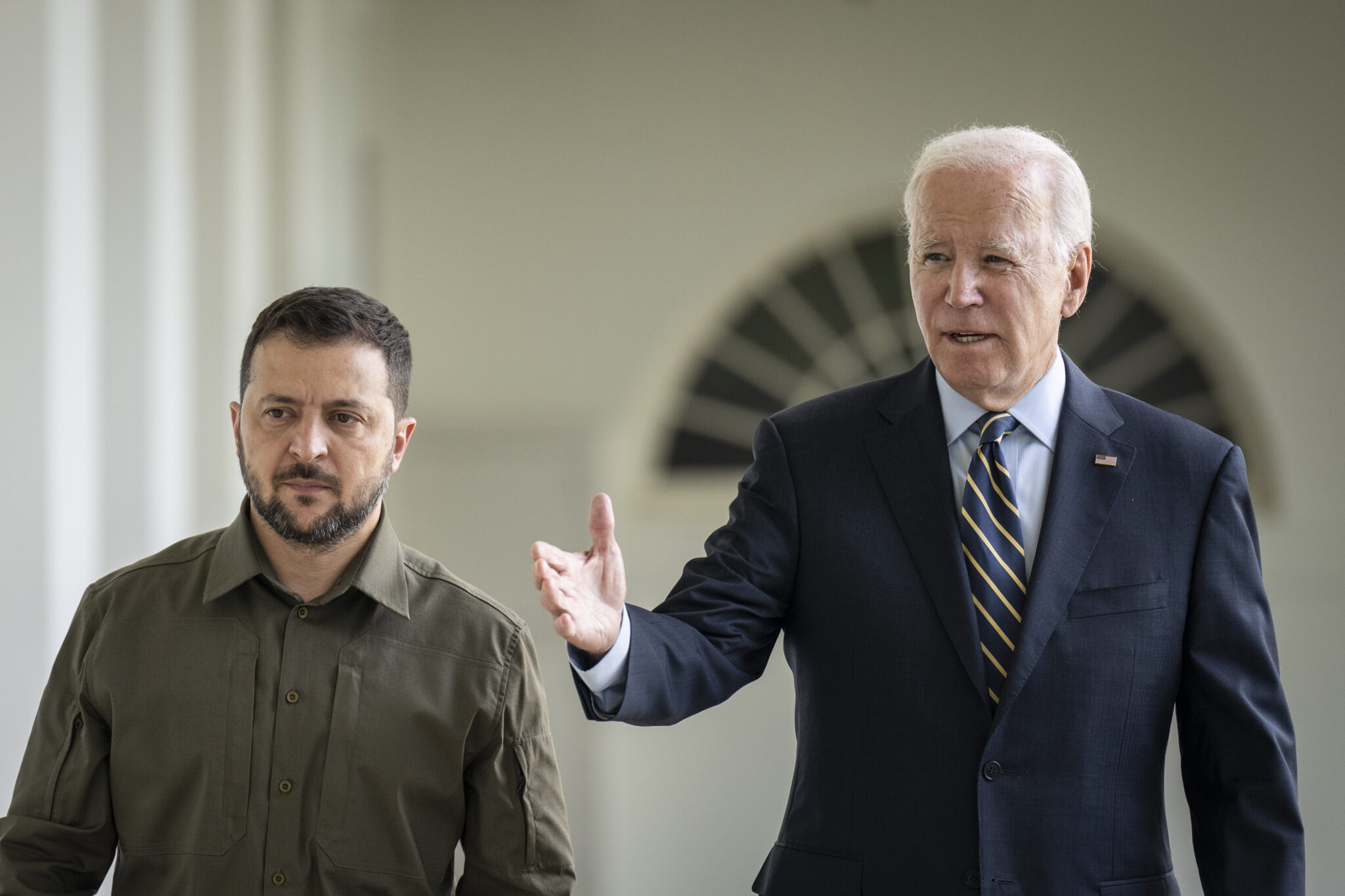In October it will be 60 years since the Cuban missile crisis, which has been called the most dangerous crisis in recorded history. The Soviet Union had secretly placed missiles in a base in Cuba; the U.S. discovered them through secret aerial photographs. What would President
John F. Kennedy
do, less than two years into his presidency and 1½ since the botched Bay of Pigs invasion? It is a famous story told in books, movies and monographs, but it bears another look and deeper reflection as
Vladimir Putin
threatens nuclear use in Ukraine.
Weeks ago Ukraine’s top military chief warned that there is “a direct threat of the use . . . of tactical nuclear weapons by the Russian armed forces.” Gen.
Valery Zaluzhny
wrote: “It’s also impossible to completely rule out possibility of the direct involvement of the world’s leading countries in a ‘limited’ nuclear conflict, in which the prospect of World War III is already directly visible.”
What can we learn from what happened 60 years ago? The JFK Library website has transcripts, tapes and documents of White House deliberations as the crisis played out. What strikes you as you read and listen is the desperate and essential fact that they were groping in the darkness to keep the world from blowing up.
From the transcript of a White House meeting the morning of Oct. 16, the first day of the 13-day crisis:
Secretary of State Dean Rusk: “Mr. President, this is a, of course, a [widely?] serious development. It’s one that we, all of us, had not really believed the Soviets could, uh, carry this far.”
JFK asked why the Russians would do this. Gen.
Maxwell Taylor
suggested they weren’t confident of their long-range nuclear weapons and sought placement of shorter-range ones. Rusk thought it might be that
Nikita Khrushchev
lives “under fear” of U.S. nuclear weapons in Turkey and wants us to taste the same anxiety.
U.S. officials knew where most of the missiles and launchers were in Cuba, but not where the nuclear warheads were, or even if they’d arrived.
Should the U.S. attack the bases? If so, should it warn the Soviets first?
JFK: “Warning them, uh, it seems to me, is warning everybody. And I, I obviously—you can’t sort of announce that in four days from now you’re going to take them out. They may announce within three days they’re going to have warheads on ’em. If we come and attack they’re going to fire them. Then what’ll we do?”
You can hear the tension in the voices, and you can hear them because JFK secretly taped the deliberations, as he taped many conversations. No one knows why; historians have evinced a pronounced lack of interest in the question.
But it’s good he did, because it allows us to see decision-making played out at the highest level and with the highest possible stakes. Seemingly small things tell you worlds about general mood and approach. When JFK called to brief
Harold Macmillan,
the British prime minister said it might encourage the Soviets to withdraw the weapons if actions were taken to “help the Russians save face.” He offered to “immobilize our Thor missiles here in England” temporarily. JFK said he’d bring the idea forward. This was the West working to defuse things and encourage constructive action. Conceivably, were it discovered, Macmillan could have paid a political price for this at home; he never mentions that.
As the political scientist
Graham Allison
has noted, JFK was focused on big, strategic nuclear weapons. He didn’t know and couldn’t have known that Khrushchev had already sent smaller, tactical nukes to Cuba, under a Soviet commander who was on the ground there. If JFK had bombed the missile sites instead of using naval blockades and creative diplomacy, he might have unleashed what he was trying to prevent.
In the end, of course, Khrushchev withdrew the missiles. JFK, who had previously admitted to him that the Bay of Pigs was a mistake, repeated a promise not to invade Cuba. He secretly promised, too, that the U.S. would get its missiles out of Turkey.
But the story doesn’t end there. Eight months later, in June 1963, Kennedy gave a speech in which he described how the crisis had convinced him that the entire Cold War must be rethought. His speechwriter,
Ted Sorensen,
told me years later it was the “most important” speech he’d ever worked on. I saw in his eyes he meant the greatest, and he was right.
The nature of war has changed, Kennedy said. We can’t continue with great powers having huge nuclear arsenals and possibly resorting to their use: “A single nuclear weapon contains almost 10 times the explosive force delivered by all the allied air forces in the Second World War.” A major nuclear exchange could extinguish the world.
To believe peace is impossible is to believe war inevitable, and if that is so then mankind is doomed. “We need not accept that view.” No government is so evil that its people must be considered as lacking in every virtue. America and the Soviet Union are “almost unique among the major world powers” in that “we have never been at war with each other.”
If we can’t resolve all our differences, we can at least turn to common interests. “For, in the final analysis, our most basic common link is that we all inhabit this small planet. We all breathe the same air. We all cherish our children’s future. And we are all mortal.”
Importantly, there was this: “Above all, while defending our own vital interests, nuclear powers must avert those confrontations which bring an adversary to a choice of either a humiliating retreat or a nuclear war.” Choosing that path would be evidence of a “collective death-wish for the world.” That is why U.S. military forces are “disciplined in self-restraint” and our diplomats “instructed to avoid unnecessary irritants and purely rhetorical hostility.”
He said talks would soon begin in Moscow toward a comprehensive nuclear test ban treaty. He vowed to act as if it were already in place.
Kennedy’s insight that nuclear weapons changed the facts of human history was shared by
Ronald Reagan.
Like Kennedy, he respected Russia’s nuclear arsenal. Reagan said, privately and publicly, that “a nuclear war cannot be won and must never be fought.” He had been shocked, years before his presidency, to spend a day at Norad and absorb all the implications of the doctrine of mutual assured destruction. As president his way would be stark candor coupled with increased strength and no sudden moves. Between 1982 and 1985 three Soviet leaders died, but when Reagan got a partner he could work with,
Mikhail Gorbachev,
he attempted, at Reykjavik in 1986, to abolish nuclear weapons outright. Later they achieved a historic arms-control agreement.
What lessons might diplomats infer from all this? Don’t be afraid of groping your way in the darkness. Stay fearful of—and focused on—nuclear weapons. Take chances. And don’t be so sure of continued good luck. We’ve been lucky for 77 years. We’re used to the worst thing not happening. But it could, and may.
You have to keep trying. You can’t rest on luck built by others.
Copyright ©2022 Dow Jones & Company, Inc. All Rights Reserved. 87990cbe856818d5eddac44c7b1cdeb8















